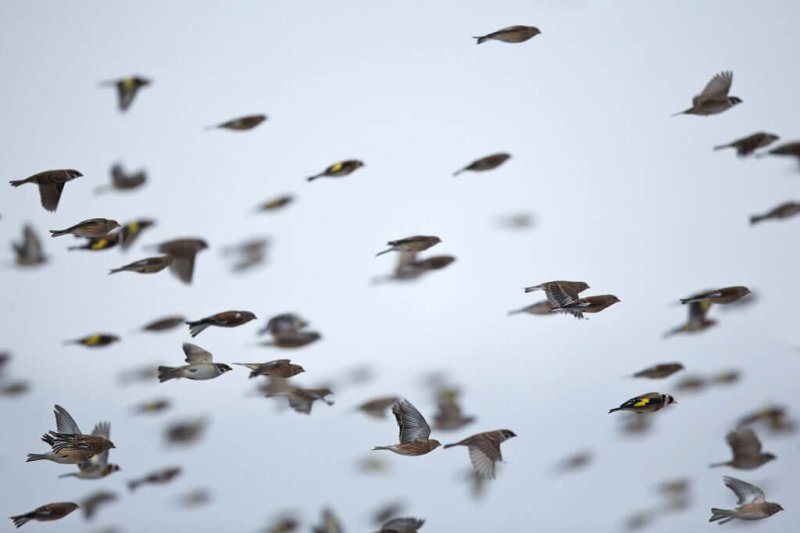North America’s birds are disappearing from the skies at a rate that’s shocking even to ornithologists. Since the 1970s, the continent has lost 3 billion birds, nearly 30% of the total, and even common birds such as sparrows and blackbirds are in decline, U.S. and Canadian researchers report …. online in Science. “It’s staggering,” says first author Ken Rosenberg, a conservation scientist at the Cornell University Laboratory of Ornithology. The findings raise fears that some familiar species could go the way of the passenger pigeon, a species once so abundant that its extinction in the early 1900s seemed unthinkable.
The results, from the most comprehensive inventory ever done of North American birds, point to ecosystems in disarray because of habitat loss and other factors that have yet to be pinned down, researchers say.
…
Some of the causes may be subtle. [Recently], toxicologists described how low doses of neonicotinoids—a common pesticide—made migrating sparrows lose weight and delay their migration, which hurts their chances of surviving and reproducing. Climate change, habitat loss, shifts in food webs, and even cats may all be adding to the problem, and not just for birds.
Read full, original article: Three billion North American birds have vanished since 1970, surveys show































